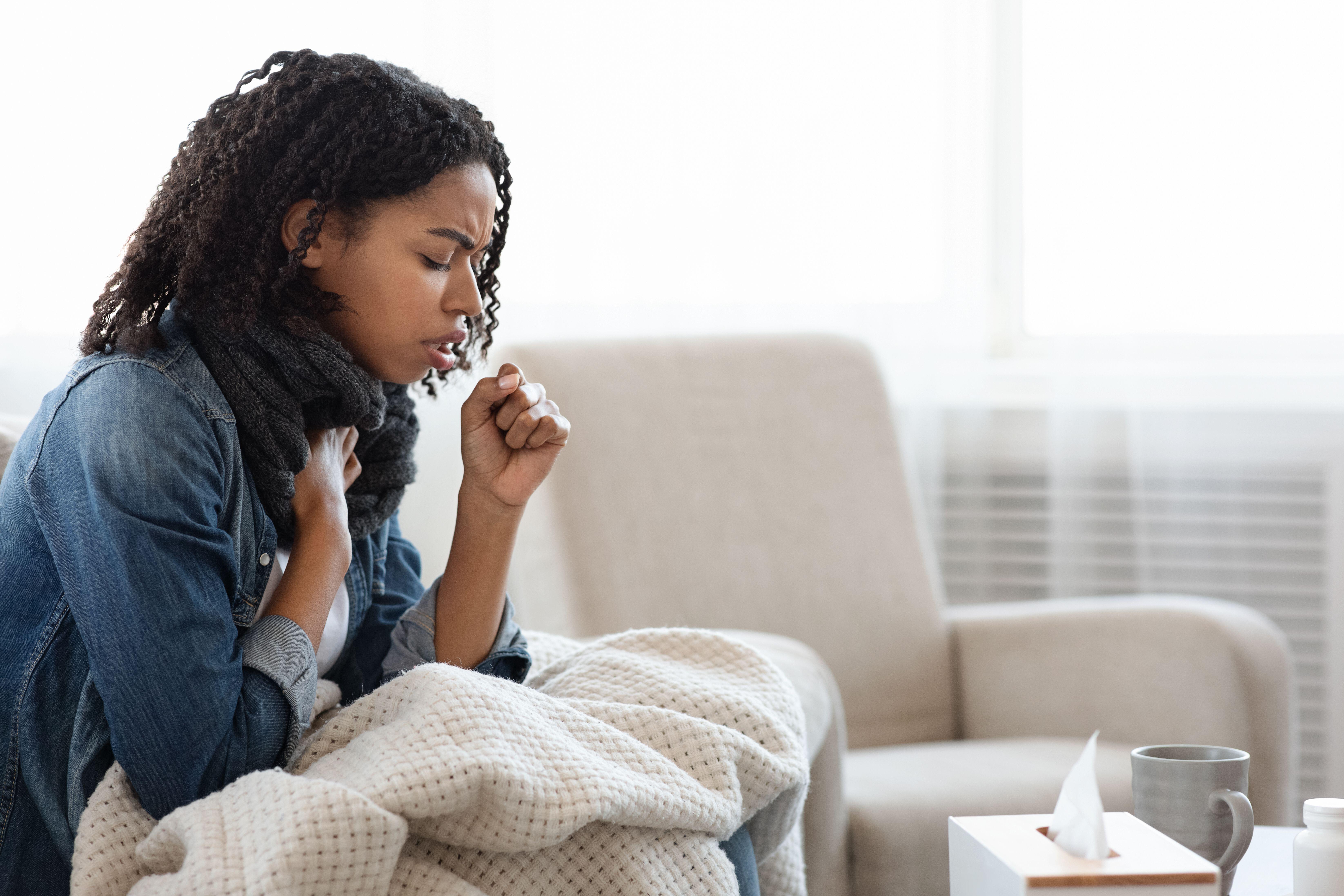What exactly is long Covid and how do you know if you’ve got it?
People who have been infected with the virus complain of lingering symptoms months after falling ill

According to figures from the Office for National Statistics (ONS), around one in 60 people in the UK who have been infected with Covid-19 are still suffering from symptoms such as shortness of breath, fatigue and difficulties in concentrating, for weeks and even months afterwards.
Of that number, the ONS said that more than 370,000 people still have symptoms over a year after they first became infected.
The persistent symptoms have become known as long Covid and online support groups for sufferers have sprung up all over the internet with tens of thousands of members offering advice and discussing the condition.
What exactly is long Covid?
According to the NHS, long Covid can involve a large number of symptoms that linger after a Covid-19 infection. These include fatigue; shortness of breath and chest pain or tightness; memory problems, also known as “brain fog”; insomnia; dizziness; joint pain; nausea, diarrhoea or stomach aches; a high temperature and headaches; coughing and sore throat; loss of sense of smell or taste; and rashes.
While the health watchdog Nice defines long Covid as lasting for more than 12 weeks, some people consider it to apply with shorter timeframes too.
Dr Brian O’Connor, consultant in respiratory medicine and the lead for the long Covid clinic at Cromwell Hospital in London, says the term describes the signs and symptoms of Covid-19 that are present for four weeks after the initial infection.

“The symptoms of long Covid can be more wide-ranging than the symptoms of Covid-19, and it can affect your whole body,” adds Jessica Kirby, head of health advice at Asthma UK and British Lung Foundation. “Many people also find that their symptoms change and can come and go over time.”
What are some of the main signs and symptoms of long Covid?
Dr O’Connor says the most common are respiratory symptoms, such as breathlessness and a lingering cough, and cardiovascular symptoms including chest tightness, chest pain and palpitations.
“For others, it may be general symptoms of fatigue, body ache, a sensation of fever and occasional low-grade fever with pain,” he notes. “Plus, there can be neurological symptoms too, which can include brain fog, loss of concentration, loss of memory, headaches, sleep disturbance, peripheral neuropathy symptoms, pins and needles and numbness, as well as dizziness.”

Many patients also continue to experience abdominal pain, nausea, diarrhoea and reduced appetite for long after the initial onset of the disease has passed.
“Joint and muscle aches may also persist, and some patients continue to have loss of sense of taste and smell and, from time to time, experience sore throat, earache, and tinnitus,” adds Dr O’Connor.
The mental effects of long Covid shouldn’t be overlooked either. “A high proportion of patients exhibit symptoms of depression and anxiety, particularly when the effects of Covid impact hugely on their normal day-to-day living,” says Dr O’Connor.
Can a doctor check if you have long Covid?
“Yes, the doctor should be the first port of call,” urges O’Connor. Your GP can assess things like blood pressure, pulse rate and blood oxygen levels, which can be done with quick and simple tests (although, remember not to just turn up at your GP surgery if you have symptoms of Covid-19 and could be infectious).
If symptoms are severe, further investigations – including blood tests, chest x-rays and ECGs – may need to be be performed.
Kirby adds: “If you’ve been in hospital with Covid-19, you should be contacted by a healthcare professional six weeks after you’ve been discharged, to check on how you’re recovering and ask about your symptoms.”
Should you be concerned if you have long Covid?
It’s reassuring to know that the vast majority of people with long Covid don’t have any life-threatening complications, and on the basis of our current knowledge, O’Connor says we have no reason to believe there is any permanent effect of Covid-19 on someone’s health.

“Recovery from long Covid is different for everyone and there’s no set timescale,” says Kirby. “However, there should be care available from your local healthcare provider, including rehabilitation and referral to the right services.”
What treatments are available, and is the outlook hopeful?
Kirby says your doctor will give you tailored advice on how you can manage your symptoms, depending on what they are: “This could include advice on setting realistic goals, how to get support from social care, housing and employment, as well as information about long Covid that you can give to your family, friends or carers.”
O’Connor adds: “The most therapeutic interventions are focused on rehabilitation and return to normal activity, through a manageable exercise programme and regimen.

“Access to high-quality physiotherapy to help with dysfunctional and abnormal breathing patterns has been shown to have particular benefit,” he says, adding that you might also be referred for psychological support, if long Covid is effecting your mood and outlook.
Unfortunately, there is currently no way to predict how long recovery from long Covid will take, as it varies from person to person. It’s helpful to remember though that lingering symptoms aren’t unique to Covid-19 – and that many other viral illnesses also have lasting effects.
If you’re concerned about your health or the health of a loved one who has contracted Covid-19, it’s important to speak to your GP.
Bookmark popover
Removed from bookmarks